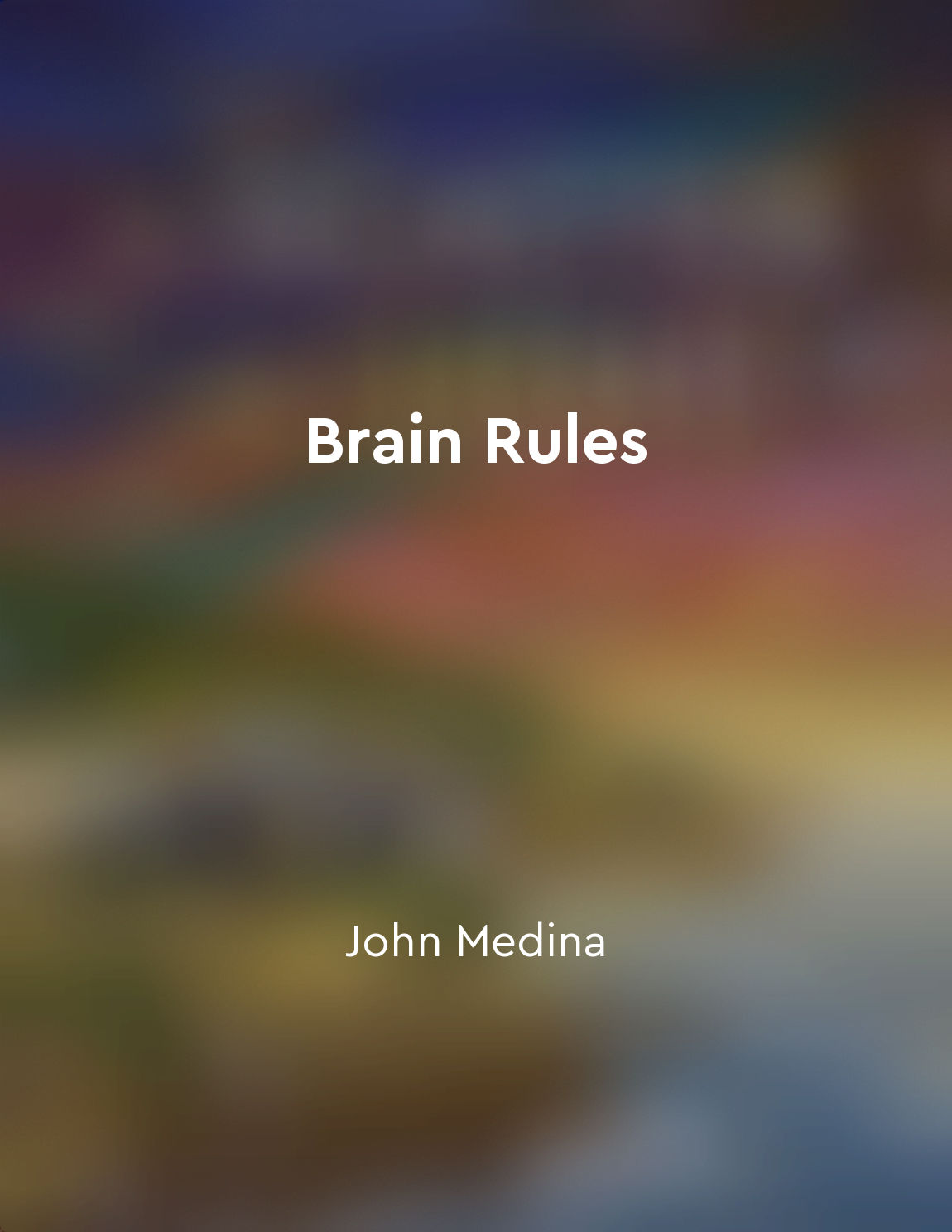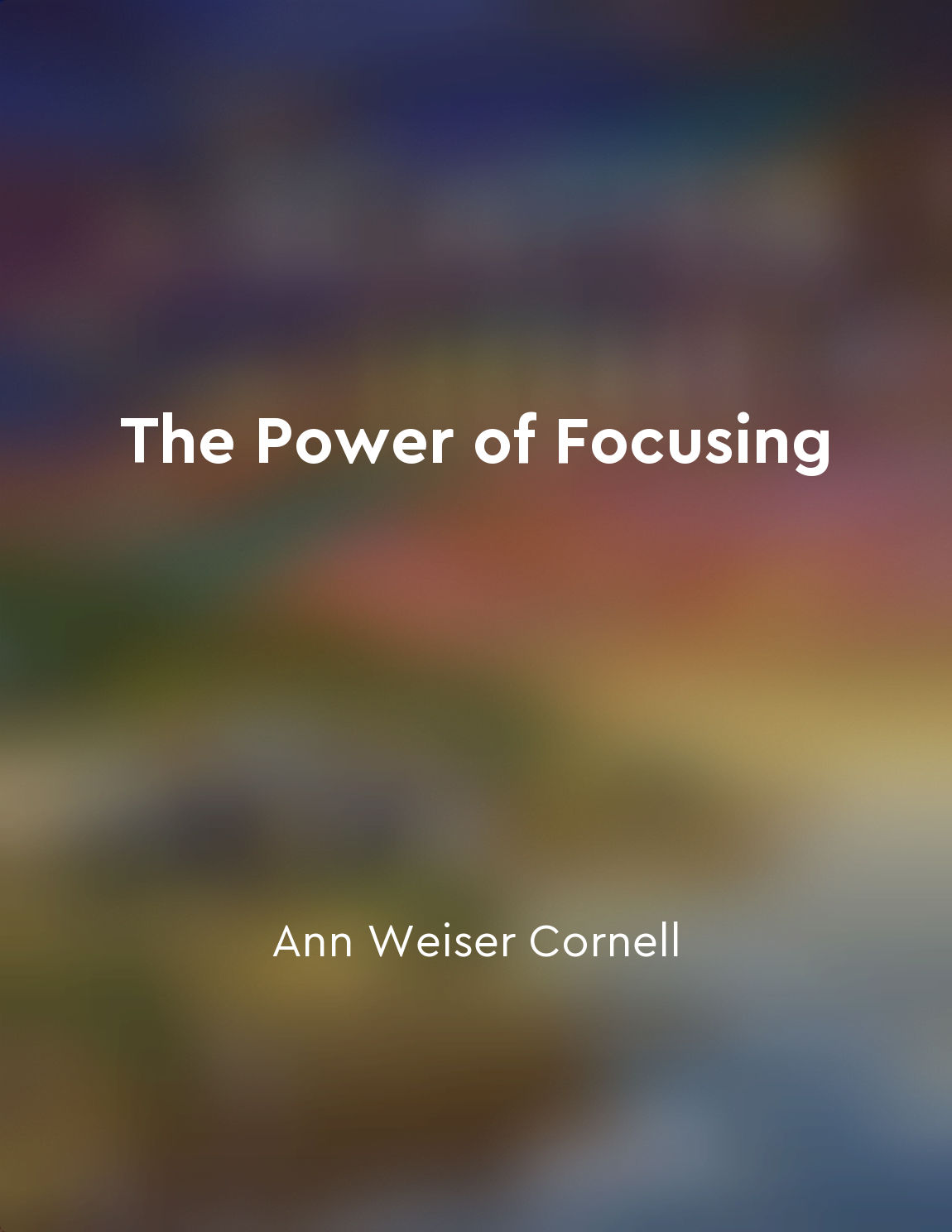Audio available in app
Use pauses for emphasis and to allow audience reflection from "summary" of Presenting to Win by Jerry Weissman
When you're delivering a presentation, it's important to remember that your audience needs time to digest the information you're sharing. Pausing at strategic points in your delivery can help emphasize key points and allow your audience to reflect on what you've just said. These pauses can be used to draw attention to important information, giving your audience a moment to absorb and internalize the message. By pausing before and after a key point, you're signaling to your audience that this information is significant and worthy of their attention. Pauses also provide your audience with a moment to reflect on what you've just said. This reflection time allows them to fully process the information and connect it to their own experiences and knowledge. It gives them the opportunity to make their own connections and draw their own conclusions, which can lead to a deeper understanding and retention of your message. In addition to emphasizing key points and facilitating audience reflection, pauses can also help to control the pace of your presentation. By strategically placing pauses throughout your delivery, you can create a rhythm that keeps your audience engaged and allows them to follow along with your message.- Using pauses in your presentation can help you communicate more effectively, engage your audience, and ensure that your message resonates with them long after your presentation is over. So next time you're preparing a presentation, remember to use pauses strategically to enhance your delivery and make a lasting impact on your audience.
Similar Posts
Leaders must understand nonverbal cues to effectively communicate
To be an effective leader, it is crucial to understand the silent language of nonverbal cues. These cues are often more powerfu...
Conversational rituals play a key role in interactions
Conversational rituals are like the unspoken rules that govern social interactions. These rituals may seem trivial on the surfa...
Approach disagreements as opportunities for growth and understanding
When faced with disagreements, it is crucial to view them as chances for personal development and increased understanding. Rath...
Build rapport and trust
Building rapport and trust is essential in any conversation, as it sets the foundation for a meaningful and successful interact...
The wisdom of listening lies in the ability to truly connect with others
The essence of listening is not just about hearing words, but about truly connecting with the person speaking. It is about goin...
Seek advice from trusted sources
In life, it is essential to seek advice from sources that we trust. This is because the advice we receive can greatly impact th...
Nonverbal cues are important in communication
Nonverbal cues play a crucial role in communication. These cues include facial expressions, body language, tone of voice, and g...

Every brain is wired differently
Neuroscientists have made an astonishing discovery about the human brain: no two are alike. Each brain is a unique universe of ...
Developing a strong foundation in computer science concepts is crucial for achieving a high score in Paper I and II
To excel in Paper I and II of the NTA UGC NET/JRF Computer Science exam, it is essential to have a deep understanding of the fu...

Cultivating selfcompassion is essential in the focusing process
When we engage in the practice of focusing, it is crucial to approach ourselves with kindness and understanding. Cultivating se...

